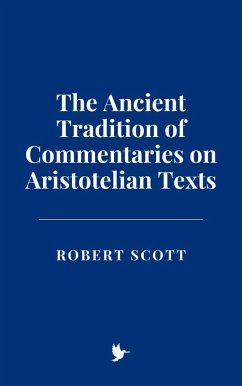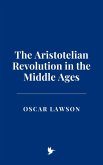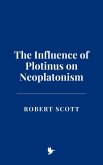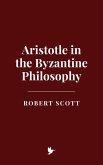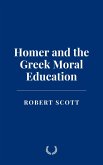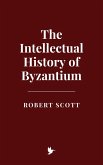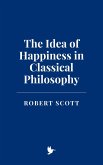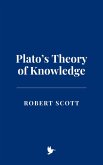The book also delves into the rise of early modern philosophy, where figures such as Descartes, Bacon, and Galileo challenged Aristotelian physics but retained his methods of reasoning and logical categorization. Moving through the Enlightenment and into the 19th and 20th centuries, Aristotle's legacy is shown to influence key areas of modern thought, including epistemology, ethics, political theory, and the philosophy of science. Key thinkers such as Kant, Nietzsche, MacIntyre, and Nussbaum are highlighted for their engagement with Aristotelian ideas, demonstrating their relevance in addressing contemporary ethical dilemmas, human flourishing, and justice.
In the contemporary era, Aristotle's concepts continue to provide a framework for discussions in virtue ethics, cognitive science, environmental philosophy, and artificial intelligence. His ideas on human nature, practical wisdom, and the role of virtue in society remain central to debates on personal morality, social justice, and political governance in a globalized world. Ultimately, the book emphasizes how Aristotle's philosophy, far from being a relic of the past, continues to offer rich insights and tools for grappling with the complexities of the modern world, making his intellectual legacy as relevant today as it was in antiquity.
Dieser Download kann aus rechtlichen Gründen nur mit Rechnungsadresse in A, B, CY, CZ, D, DK, EW, E, FIN, F, GR, H, IRL, I, LT, L, LR, M, NL, PL, P, R, S, SLO, SK ausgeliefert werden.

